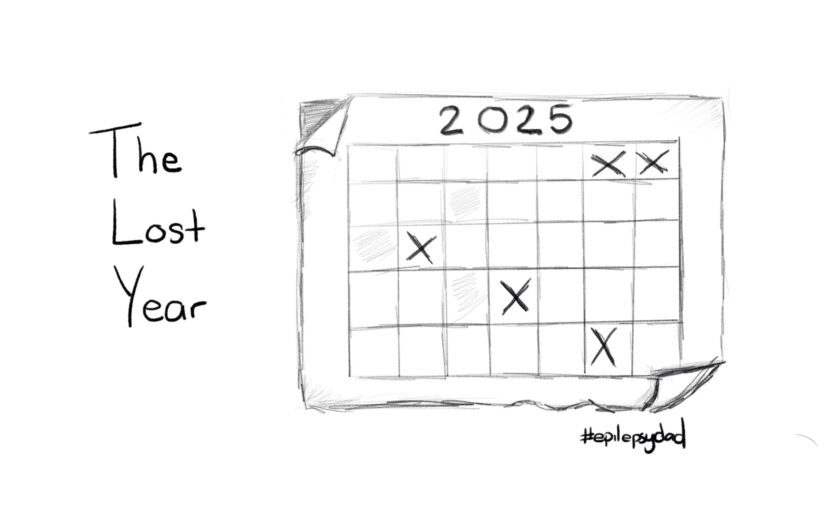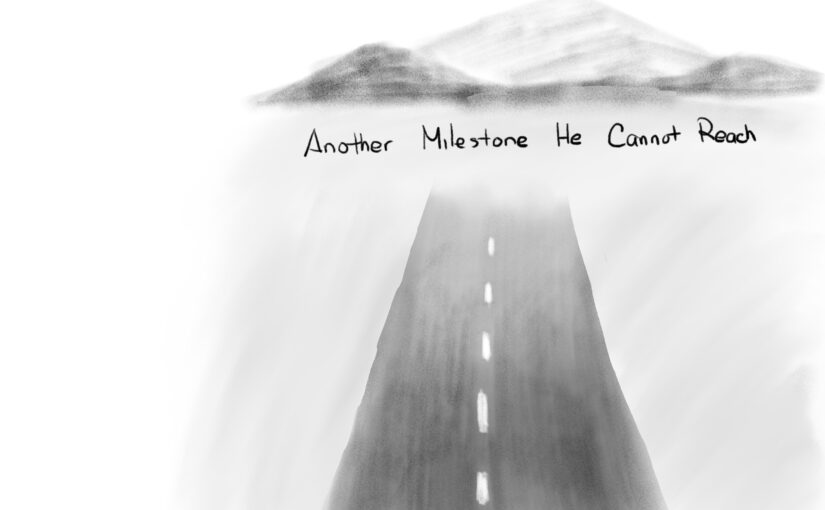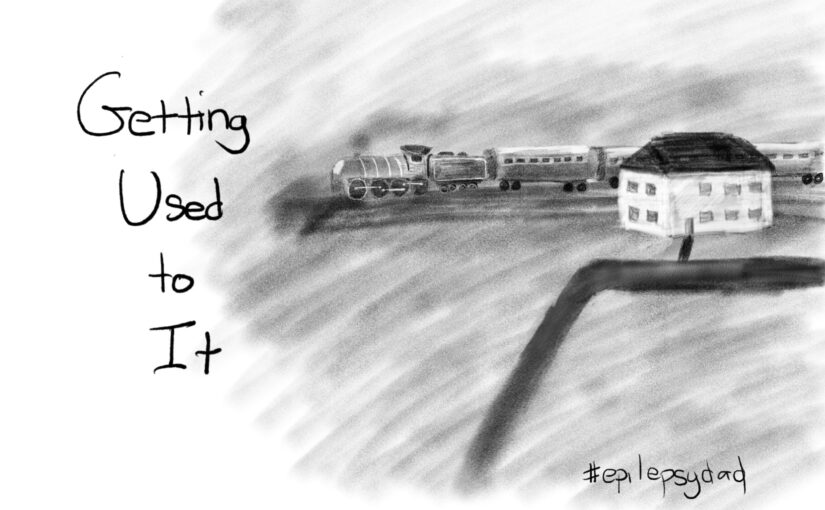This has been an extremely difficult year.
Not difficult in a single, dramatic way.
Difficult in the slow accumulation of loss.
The kind that doesn’t arrive all at once, but keeps showing up until you realize you’re standing in a year that no longer resembles the one you started in.
My father passed away this fall.
It was slow, and then it was fast. Months of watching a body fail, followed by an ending that still came as a shock. His world had grown smaller. His body no longer cooperated. His mind, at times, betrayed him. He was unhappy in ways that couldn’t be fixed.
His death brought grief. And guilt. And the familiar questions that arrive uninvited:
Should I have spent more time? Should I have been more patient? Should I have done something differently?
It also brought relief. And that’s harder to admit out loud. Relief that he wasn’t trapped in a body that no longer worked. Relief that the suffering had ended. Relief that the waiting was over.
I am grateful that we moved him closer. Grateful that my son got to know him. That he saw my son play baseball. That he showed interest in my son’s life, even as his own was narrowing. Those moments matter. They don’t cancel the loss, but they soften its edges.
Work added its own quiet weight this year.
For much of the year, I was in a role that wasn’t a good fit. The frustration built slowly, then all at once. Fear kept me there longer than I should have stayed. Responsibility did too. The job search dragged on, heavy with uncertainty. I eventually landed somewhere new, which brought some relief—but even that has continued to shift. The year ends without the sense of stability I hoped for.
My son still hasn’t seen the benefits we were hoping for from DBS. In fact, he’s having more seizures now than he was at the beginning of the year. When you’ve lived with uncertainty for this long, you’d think it would lose its power. It doesn’t. Each setback still lands hard.
My goddaughter’s health has changed as well, requiring more care, more attention, more presence. The needs don’t slow down just because you’re already stretched thin.
There have been other changes this year, too. Big ones. The kind that rearrange the shape of your life without asking permission. The kind that leave you trying to find your footing in a version of the future you didn’t expect to be standing in.
This year can’t end soon enough.
It feels like a year of subtraction. A year where things were taken faster than they could be replaced. A year where even gratitude felt heavy, like another thing I was supposed to hold carefully and do “right.”
And still, some things remain.
My son.
My goddaughter.
My dogs.
My health.
A few friends.
A job. Insurance. Shelter.
I don’t list these things to balance the scales. They don’t erase what was lost. They just exist alongside it.
I’ll carry them into the new year. I’ll keep showing up for the kids. I’ll keep working toward better outcomes where I can, and accepting limits where I can’t. I’ll keep looking for steadier ground.
This year feels like the floor.
Not the ceiling.
Next year isn’t about rebuilding what was lost. Some things can’t be rebuilt. Some things shouldn’t be.
Next year is about making something new.


